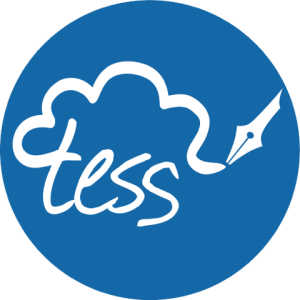
Geographers, anthropologists, sociologists, historians, chemists, architects, biologists, and other scholars give us critical tools for understanding our planet——and our lives. From articulating the intersections of racial discrimination with pollution to explaining the role of the Amazon in the carbon cycle, such research is a key to grappling with our pasts, understanding the present, and imagining the future.
Yet the work of scholarly specialists is often published and discussed in ways that make this critical knowledge inaccessible to the people and landscapes who need it most. And with the intricate systems of reciprocity vanishing, invisibility is not something the environment or the people in it can afford.
Stories at their best make the world newly visible. They are powerful tools, ones neuroscientists argue are key to putting information into context—— and changing how we act, what we remember, and how we value and interpret the world around us.
Environmental stories combine the precision of scholarship with literary prose and narrative techniques like character and plot, to offer new ways for readers to understand how social, political, economic, and cultural forces intersect with ecology, climate, and geology. Such stories put scholarly knowledge in formats and forums accessible to diverse publics and communities. Storytelling is thus a key part of contending with issues from the local legacies of pollutants and resource extraction to the global scale of species loss and climate change.
Founded by Bathsheba Demuth & Kerri Arsenault in 2022 with the support of the Institute at Brown for Environment and Society, TESS connects academic experts with tools to help tell their stories wildly and widely.